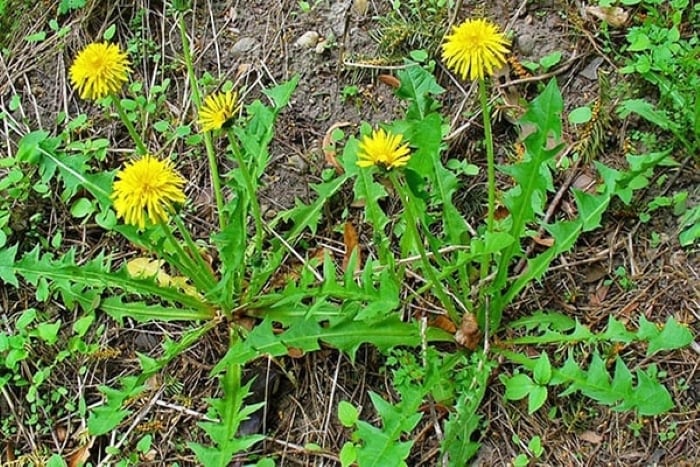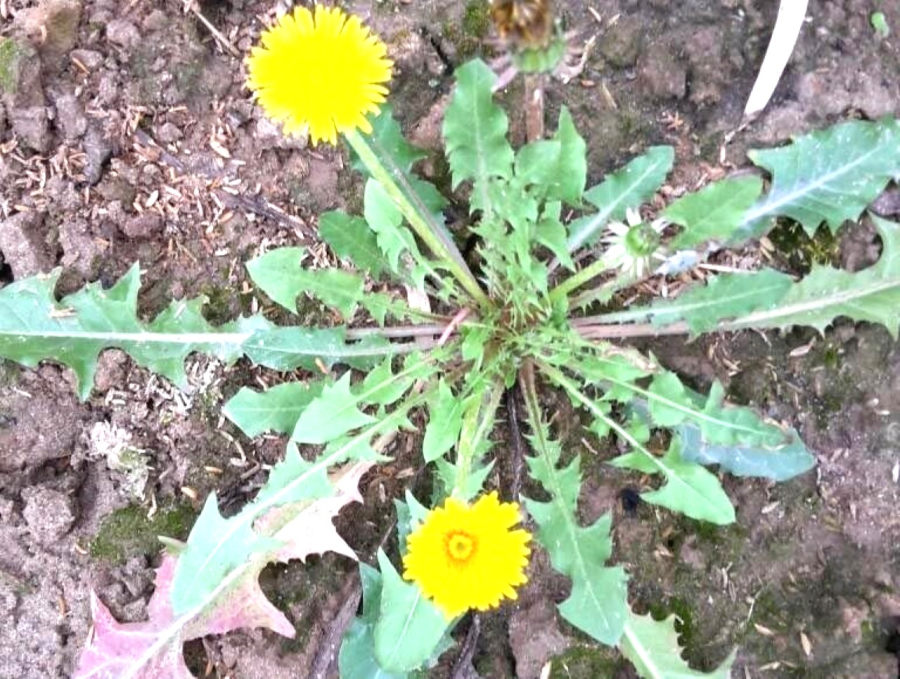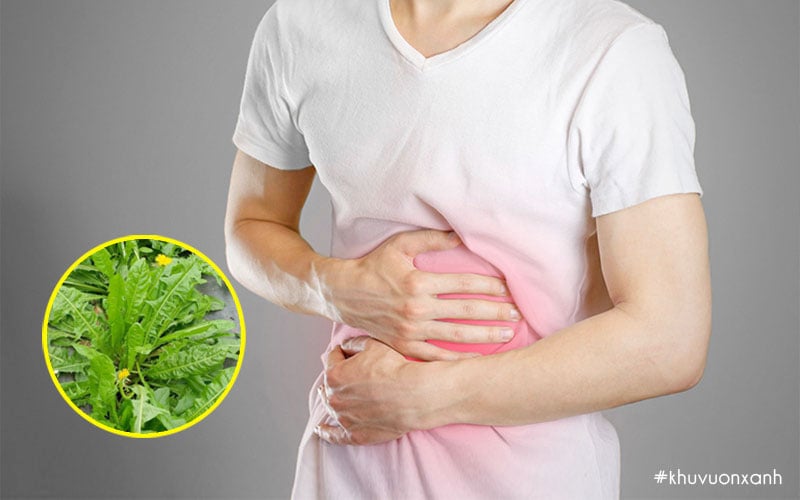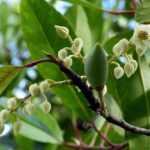The daisy is also known as the: Chamomile, daisy, sunflower, cockle… This is a wild plant that grows abundantly in northern provinces.
Currently, the daisy is divided into 4 types including: Vietnamese daisy, sunflower, Chinese daisy (dwarf daisy), and purple daisy. Among them, the Vietnamese daisy is the easiest to find and the most popular.
According to Oriental medicine, the daisy has excellent anti-inflammatory, antibacterial effects and no side effects, so this plant is considered a plant antibiotic.

The daisy is considered as a plant antibiotic
In clinical practice, this herb is often used to treat diseases such as: Gastric and duodenal ulcers, urinary tract infections, gynecological infections, tumors, acne, breast milk blockage…
The daisy is originally a vegetable and can be eaten completely and is often used as an ingredient in cooking dishes such as: stir-fried beef, stir-fried garlic, or boiled with fish sauce. The natural bitterness of this vegetable combined with other ingredients brings uniqueness and attractiveness to the dish.
In addition, the leaves, roots, and stems of this plant are also used to make tea, drinks, or cosmetics. Especially dried daisies, the drink has a cooling effect, detoxifies the body, and reduces acne, itching, and rashes on the skin
What diseases does the daisy treat?
According to Oriental medicine, daisies are used to treat breast milk blockage, treat acne, dermatitis, improve liver function, treat snake bites, diuresis, stabilize blood sugar, treat mumps, bladder infections…
- Treat breast milk blockage
The daisy contains natural antibiotics, which are very good and safe for postpartum women. When the milk duct is blocked, you can take a handful of daisy leaves, wash them clean, mash them, filter the drinking water, and apply the residue to the chest. This method will help female not feel pain or discomfort caused by blocked milk ducts anymore.
- Treat acne, dermatitis
The daisy contains Taraxasterol, which has anti-inflammatory effects, thereby soothing and healing skin damage caused by acne. You can apply it internally, externally to have beautiful skin from the inside out. This method effectively “blows away” acne effectively and is extremely safe for users.

The daisy is effective in treating acne
- Improve liver function
The liver is responsible for filtering and removing toxins from the body. When liver function is impaired, it greatly affects detoxification activities, making the patient tired, jaundiced, itchy, and urticarial… Using daisies will help enhance liver function, help the liver work better, smoother.
- Treat snake bites
When bitten by a venomous snake, you should suck out the venom, clean the wound. Then, mash the daisy leaves, add a little salt and apply it to the bitten area, then tie it up with a thin fabric. This method will help the patient recover faster.
- Treat mumps
You can use the daisy to treat mumps as follows: Prepare about 1 handful of both leaves and roots of the daisy, then wash them clean and mash them. Next, add one egg white and mix well, then apply to the mumps area. After the applied medicine dries, replace it with another piece.
- The daisy treats mumps effectively
Daisy diuretic. The root of the daisy plant helps stimulate the process of urine production and effectively prevents digestive tract infections. You can take dried daisy leaves, steep them in tea to drink daily to have a diuretic effect.
- Bladder infection
As mentioned above, daisies have antibacterial effects, helping to treat bladder infections effectively. You prepare 50g of daisy, 12g dried fruit seeds, and 24g dried adrue fruit. Dry all the ingredients, grind them into powder and store them in a sealed jar. Each time you use it, take about 1 spoon of powder and mix it with drinking water. Use 3 times a day, persisting for 1 month, you will see improved bladder infection.
- Control blood sugar
Sucrose in the daisy has the effect of regulating blood sugar levels. You can use fresh or dried daisy leaves, brew them and drink daily.
- Treat gastric pain
Using daisy regularly will help patients reduce gastric pain effectively. However, patients need a healthy diet and lifestyle to achieve long-lasting effects, prevent recurrence.

Note when using daisies
Note: When using daisies
- Nausea or vomiting
- Loss of appetite, fatigue
- Contact dermatitis, allergic dermatitis
- Gallstones, gallbladder inflammation
- Children
- Pregnant or breastfeeding women
- People who are allergic to daisies
- People with diabetes, high blood pressure, hypertensive heart disease
- People with irritable bowel syndrome, constipation, biliary tract obstruction














